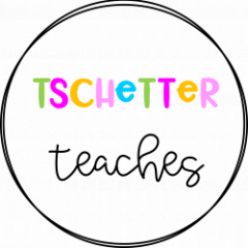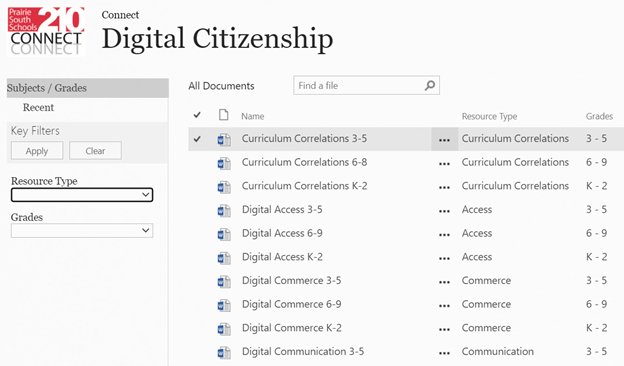I have a previous post that talks about my group’s discussion of Media Literacy in a post named “Emotional Damage”, please check that out! I had posted my blog response for the wrong week, oops.
For this week’s reflection, I want to look at our group’s Mentimeter results:


Media literacy has many aspects that can contribute to confusion surrounding the final “definition”. As the Center for Media Literacy states,
Definitions, however, evolve over time and a more robust definition is now needed to situate media literacy in the context of its importance for the education of students in a 21st century media culture.
Center for Media Literacy
I can see that even in this class we have a large definition for Media Literacy, as can be seen in our Word Cloud. There are few repetitions in our responses, although they all contribute equally to the evolution of Media Literacy. Of course, this Mentimeter was limited due to the 3 responses per participant and there are several synonyms in the Word Cloud. There are many responsibilities involved in Media Literacy whether we are consuming or creating content.
Gratefully, we live in a society where we do have the option of being Media Literate, we can now clearly see the effects of a government controlled media affecting the Putin Russian invasion. It is surreal to see war being played out on social media, and we can see journalists and citizens risking their lives in order to protest and share (mis)information.
In essence, my (shortened) view of literacy is being able to consume, comprehend, analyze, understand context and format, respond, and apply in different contexts. This means I can apply this to Mathematical Literacy, Reading, Writing, Speaking, and Listening Literacy, Science Literacy, and Physical Literacy (plus more!).
As Chris’ article is appropriately titled, “A Reminder That ‘Fake News’ Is An Information Literacy Problem – Not A Technology Problem”. This article investigates how anonymous posters are not examined for bias. It is interesting that reputable journalists, scientists, and experts are increasingly scrutinized but we still aren’t looking critically at all the media we consume. Our EC&I 832 class appears to agree in the Agreement Scales, as under the statement “journalists report facts” our class fell almost directly centered between strongly disagree and strongly agree.
Patricia’s article, The Challenge That’s Bigger Than Fake News, summarizes this sentiment:
Determining who’s behind information and whether it’s worthy of our trust is more complex than a true/false dichotomy
Sarah McGrew, Teresa Ortega, Joel Breakstone, Sam Wineburg
Bart’s article, What is Media Literacy and Why Does it Matter?, tells that Americans spend an average of 473 minutes each day consuming media. This highlights the increasing importance of Media Literacy.
Check out our groups video on Media Literacy for an introduction to Media Literacy and how to teach it to your students:
I began my journey of teaching Media Literacy by introducing Digital Citizenship to Bart’s 7/8 class last week, check out the blog post for more information.
Happy Teaching,
Leah


